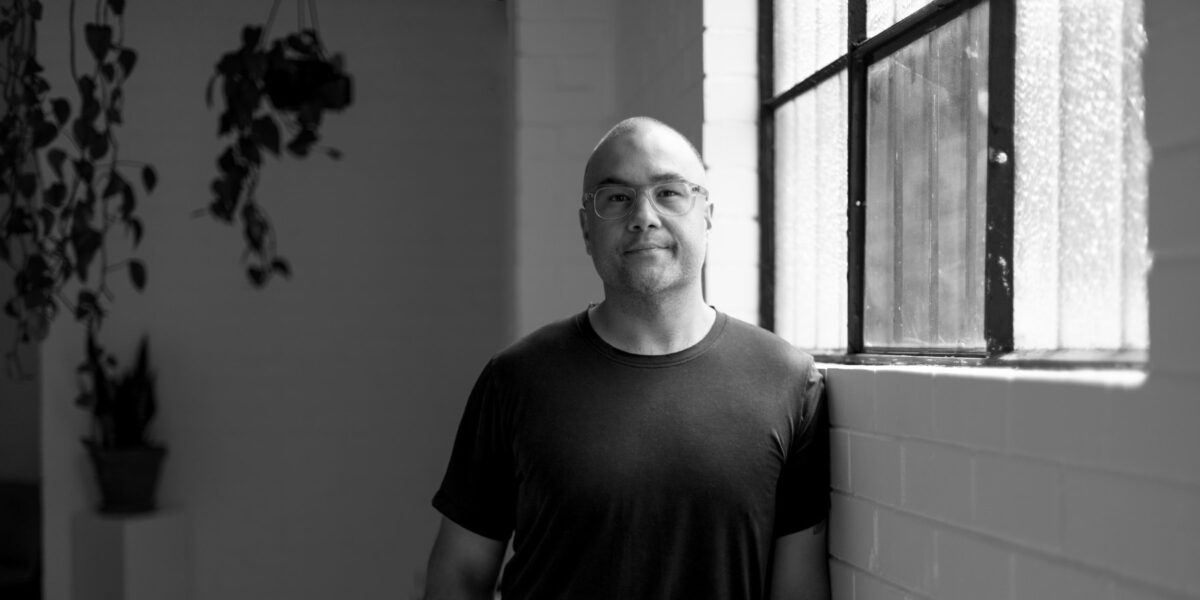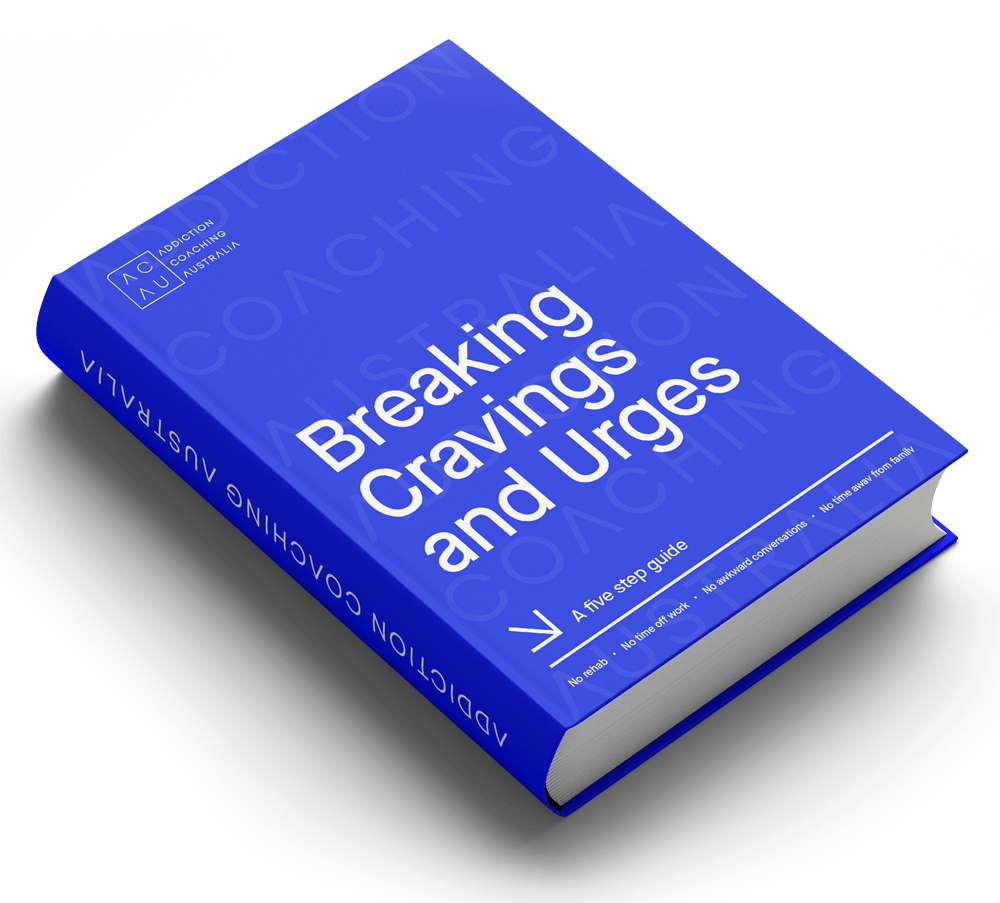We champion busy professionals who are ready to break the cycle of addiction and regain control of their life and choices.
Start today
A solution with a difference.
- No rehab
- No time off work
- No time away from family
- No judgement
You’re here for a reason.
Our Solutions
The Circuit Breaker
$297* per week
- Twice-weekly Group Coaching
- Our full curriculum of learning materials
- Access to our private learning and community platform, SKOOL
- Monthly Expert Events
- Daily text accountability
- Access to coaches via Slack Channel
- 1:1 Coaching (Optional Upgrade)
The Delta Path

Not sure which program is for you? Book a call now and we can discuss your path toward success.
Start todayReal stories from people we’ve helped.
Our Partners

Hi, my name is
Conrad Tracey.
I spent ten years battling a crippling addiction to ice and cocaine.
I founded Addiction Coaching Australia after going through the private rehab system here in Australia. My experience was shocking. It was substandard, outdated and left me feeling short-changed and frustrated. I knew there was a better way for high-performing people to break the cycle of addiction and fast-track their return to optimal health, happiness and potential.
I set about combining my lived experience, Psychology degree and 15 years of corporate and start-up experience to build a modern, private and sustainable solution for people like you. Today I have helped 100’s of people from all over the globe regain their confidence and control and rebuild their relationships with themselves and others.
So if you or someone you love is battling addiction and deserve the highest level of personalised care, I’d be excited to talk with you and see if I am the right person to help.
See you on the inside
— Conrad
Ready to begin?
Start with our free guide.
This 15-page will teach you how to win the war in your head, identify your triggers and a proven 5-step strategy to beat cravings and urges every time.
 Send me the FREE guide
Send me the FREE guideWhy it works
Our programs work using a holistic approach that uses the Transformation Model; helping you to open up, show up and level up to regain control of your life and choices. It takes a multi-faceted approach and having support is essential. We provide a supportive community for motivation, daily accountability for consistency, personalised coaching for growth, enriching events for inspiration, and curated learning resources to adopt new habits and refine your approach.
Got questions?
- Will I feel welcome and safe inside the program?
Our community is inclusive and safe for people from all walks of life. Our members often realise they are not alone, and people like them are going through similar issues. Our meetings are facilitated to the highest standard and align with our community guidelines and preamble, which you can read HERE.
- What can I expect to achieve?
The three pillars of our program are simple.
We will help you stop, regain confidence and control, and rebuild your relationships with yourself.
If you are interested and prepared to do the work, you can expect to learn how to integrate this new knowledge and start to design a life that you no longer have to escape or blow out of.Our aim is to help you to create an actual identity change that is no longer connected or congruent with drugs, alcohol, gambling or other behavioural addictions.
- Can I get 1:1 coaching?
We have private coaching bundles available to members who have been in the program for 30 days or longer or who have shown a depth of character, interest, and engagement prior to that.
You can discuss private coaching with our client success lead once you have entered the program.
We highly recommend 1:1 coaching if you are interested in fast-tracking your results and building a more bespoke experience for yourself. - How much time will I need to commit to this program?
Our program is designed for working professionals, and we have developed it and iterated it to suit the busy lifestyles of our members.
We recommend that you allocate at least 5 hours a week to attend meetings, learn the curriculum, and engage with the community.
Our meeting cadence of Wednesday and Sunday night is deliberate to create a mid-week and end-of-week touch point for people to learn, reflect and plan for the week ahead.
- Is this a total abstinence program?
We meet people where they are and help them to achieve their goals.
Having said this, we strongly recommend people put down their addictive behaviour whilst in the program to give themselves the best possible chance of connecting to a lifestyle that is free from drugs, alcohol and other behavioural addictions.
- What are your qualifications?
All of our support staff have completed or are currently enrolled in Certificate IV in drugs and alcohol.
Our founder, Conrad Tracey, holds a graduate diploma in psychology from The University Of Melbourne, a Certificate IV in alcohol and other drugs, and is a qualified Mental Health first aider.
Our expert speakers are the best in their respective fields, qualified and experienced in working with people who are struggling with addiction.
- Would you add anything to this current list of FAQs?
If there is something we have missed that you need answered, please email [email protected] with your suggestion.
- What happens after the initial 30 or 60-day period?
Long-term success requires long-term support, so all of our programs have an extension available. Circuit Breaker members are welcome to stay inside the program for a period of 6 -12 months at a rate of $97.00 ex GST a week, and Delta Path participants can join Conrad in his 6 Week Success Cycle Mastermind for a period of 6 to 12 months or build a custom plan with him.
- How are your programs different from rehab?
Our programs allow people to break the cycle of addiction without leaving their family, friends, careers and children.
We take a bespoke approach and equip people with the tools, motivation and support they need to achieve results in the real world where it counts.
Our blend of current addiction education, high-performance coaching, holistic therapies, and energetic coaching sessions helps people engage with the material with positivity, excitement, and a growth mindset.
Our program is free of religious ideologies, and our community is curated to ensure that every single member is there to get well, support others, and share their wins and successes.
- Do I need to be good at technology?
We deliver our programs using a simple suite of modern technology. If you can jump on a Zoom call and download and use apps on your iPhone or Android, you can use this program. If you need help, our dedicated customer success team is happy to help you get set up and get the hang of things.
- What are your success rates?
We do not guarantee results, but we guarantee that we will show up for you 100% of the way to help you achieve your own results.
Having said that, we do offer a guarantee for our Circuit Breaker program, which you can view HERE and Conrad has an 85% success rate in his bespoke program, The Delta Path, and runs a thriving community of past participants in The Delta Path – 6 Week Success Cycle Mastermind.
We are like sherpas; we can help you to the top, but you have to do the climbing.